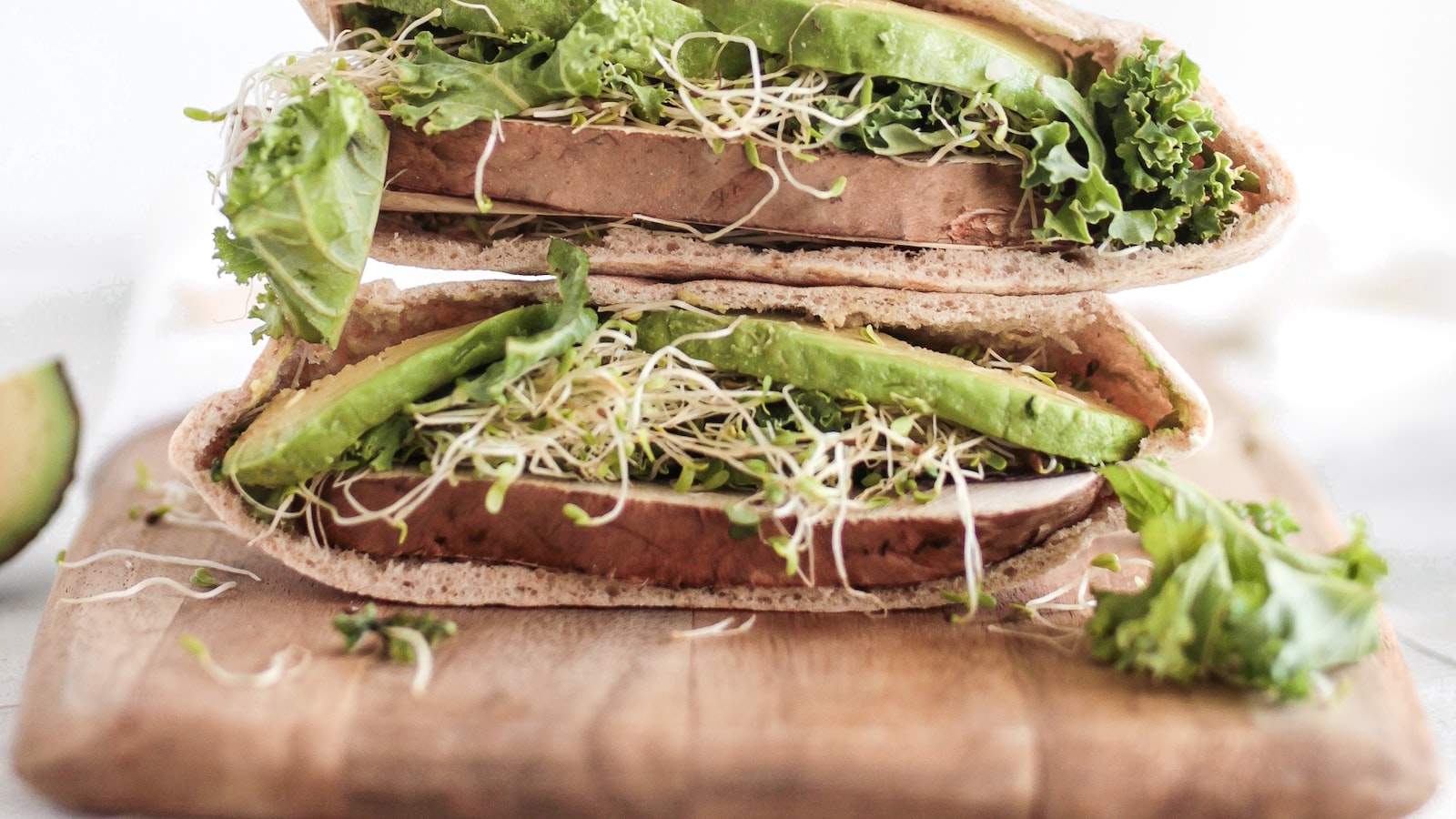As a small breed owner, you know that your furry friend has unique nutritional needs. With their tiny tummies and high metabolism, it’s important to choose the right food to keep them healthy and happy. But with so many options on the market, it can be overwhelming to know where to start. That’s why we’ve compiled some tips to help you tailor your small breed’s diet and choose the right food for their specific needs. From understanding ingredient labels to considering their age and activity level, we’ve got you covered. So let’s dive in and ensure your furry friend is getting the best nutrition possible.
1. “Small but Mighty: Why Your Small Breed Deserves a Tailored Diet”
Small breed dogs may be tiny in size, but they have big nutritional needs. Their small bodies require a diet that is specifically tailored to meet their unique requirements. Feeding them the same food as larger breeds can lead to obesity, digestive issues, and other health problems. Here are some reasons why your small breed dog deserves a diet that is tailored to their needs:
- Higher metabolism: Small breeds have a faster metabolism than larger breeds, which means they require more calories per pound of body weight. Feeding them a diet that is high in fat and calories can lead to weight gain and other health issues.
- Small mouths: Small breed dogs have tiny mouths and teeth, which can make it difficult for them to chew and digest large kibble. Feeding them a diet that is specifically designed for their small mouths can help prevent dental problems and improve their overall health.
- Sensitive stomachs: Small breed dogs are more prone to digestive issues than larger breeds. Feeding them a diet that is easy to digest and contains high-quality ingredients can help prevent stomach upset and other digestive problems.
In addition to these reasons, small breed dogs also have unique nutritional needs when it comes to protein, fat, and carbohydrates. They require a diet that is high in protein to support their active lifestyles and promote muscle growth. They also need a diet that is low in fat to prevent weight gain and other health problems. Finally, they require a diet that is high in carbohydrates to provide them with the energy they need to stay active and healthy. By feeding your small breed dog a diet that is tailored to their needs, you can help ensure that they live a long, healthy, and happy life.
2. “Navigating the Options: Tips for Choosing the Best Food for Your Small Breed”
When it comes to choosing the best food for your small breed dog, there are a lot of options available. It can be overwhelming to navigate through the different brands, ingredients, and nutritional values. Here are some tips to help you make the best decision for your furry friend:
– Look for high-quality protein sources: Small breed dogs have high energy needs, and protein is essential for muscle development and maintenance. Look for foods that list high-quality protein sources like chicken, turkey, fish, or lamb as the first ingredient.
– Consider the size and shape of the kibble: Small breed dogs have smaller mouths and teeth, so it’s important to choose a food with smaller kibble size and shape that they can easily chew and digest. Some brands even offer specialized small breed formulas with smaller kibble sizes.
– Check the nutritional values: Small breed dogs have different nutritional needs than larger breeds, so it’s important to choose a food that is specifically formulated for small breeds. Look for foods that are high in protein and fat, and lower in carbohydrates. You can also check the AAFCO (Association of American Feed Control Officials) statement on the bag to ensure that the food meets the minimum nutritional requirements for your dog’s life stage.
By following these tips, you can ensure that you are choosing the best food for your small breed dog. Remember to always consult with your veterinarian before making any changes to your dog’s diet, and to monitor their weight and overall health regularly.
3. “From Protein to Portion Control: Key Considerations for Crafting a Customized Diet for Your Small Dog
When it comes to feeding your small dog, it’s important to consider their unique nutritional needs. While all dogs require a balanced diet that includes protein, carbohydrates, and fats, small dogs have different requirements than larger breeds. Here are some key considerations to keep in mind when crafting a customized diet for your small dog:
- Protein: Small dogs have a higher metabolism than larger breeds, which means they require more protein to maintain their energy levels. Look for high-quality protein sources like chicken, turkey, fish, and beef to ensure your dog is getting the nutrients they need.
- Portion Control: Small dogs have smaller stomachs, which means they require smaller portions. Be sure to measure out your dog’s food to avoid overfeeding, which can lead to obesity and other health problems.
- Carbohydrates: While dogs don’t require carbohydrates in their diet, they can be a good source of energy. Look for complex carbohydrates like sweet potatoes, brown rice, and oats, which are easier for your dog to digest.
Other important considerations when crafting a customized diet for your small dog include their age, activity level, and any health conditions they may have. Consult with your veterinarian to ensure you’re providing your dog with the proper nutrition they need to live a healthy and happy life.
In conclusion, tailoring your small breed’s diet is crucial to ensure their overall health and well-being. By following these tips for choosing the right food, you can provide your furry friend with the necessary nutrients they need to thrive. Remember to consult with your veterinarian before making any significant changes to your pet’s diet and always read the labels carefully. With a little bit of effort and attention, you can help your small breed live a long and happy life.

